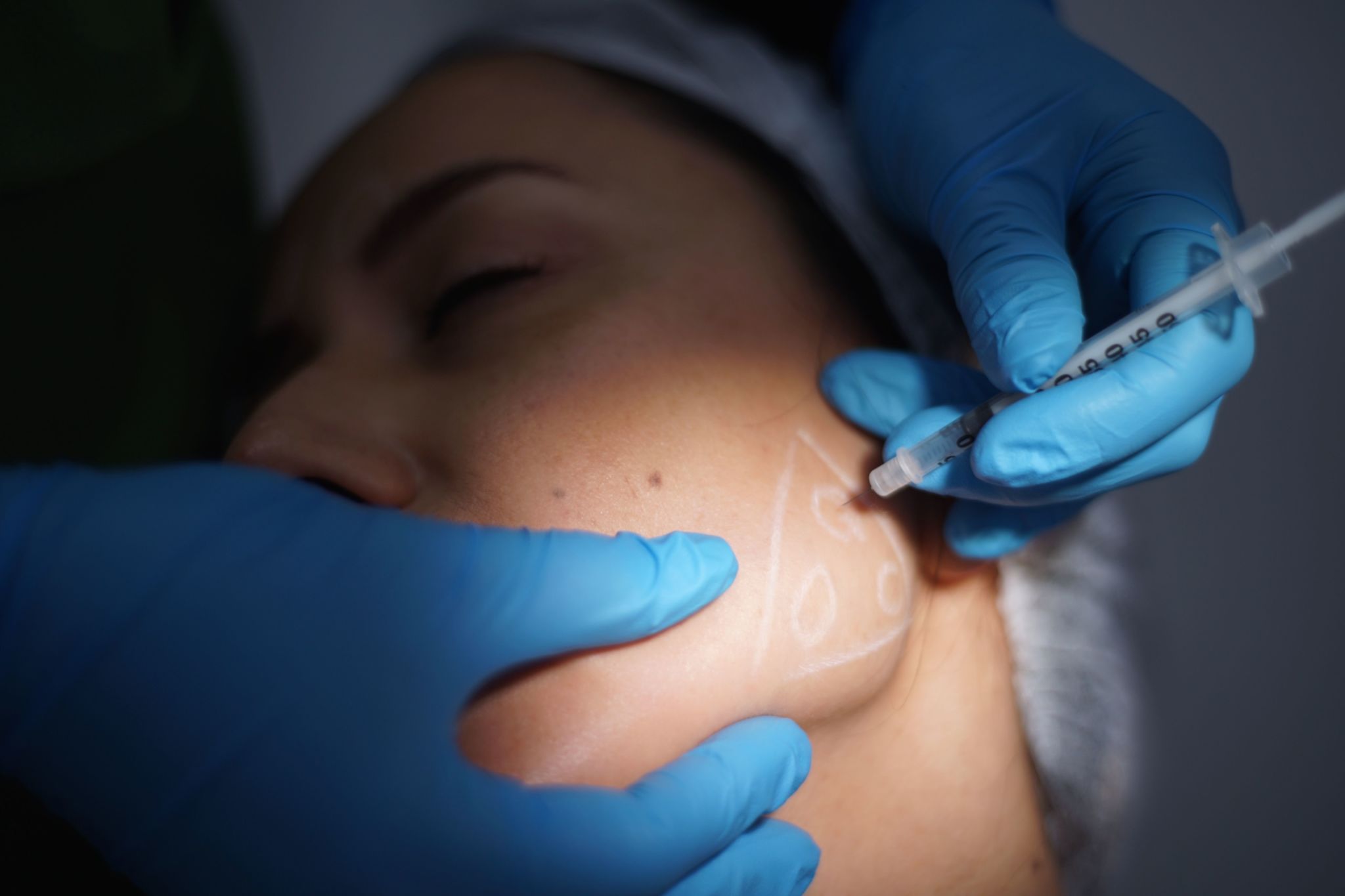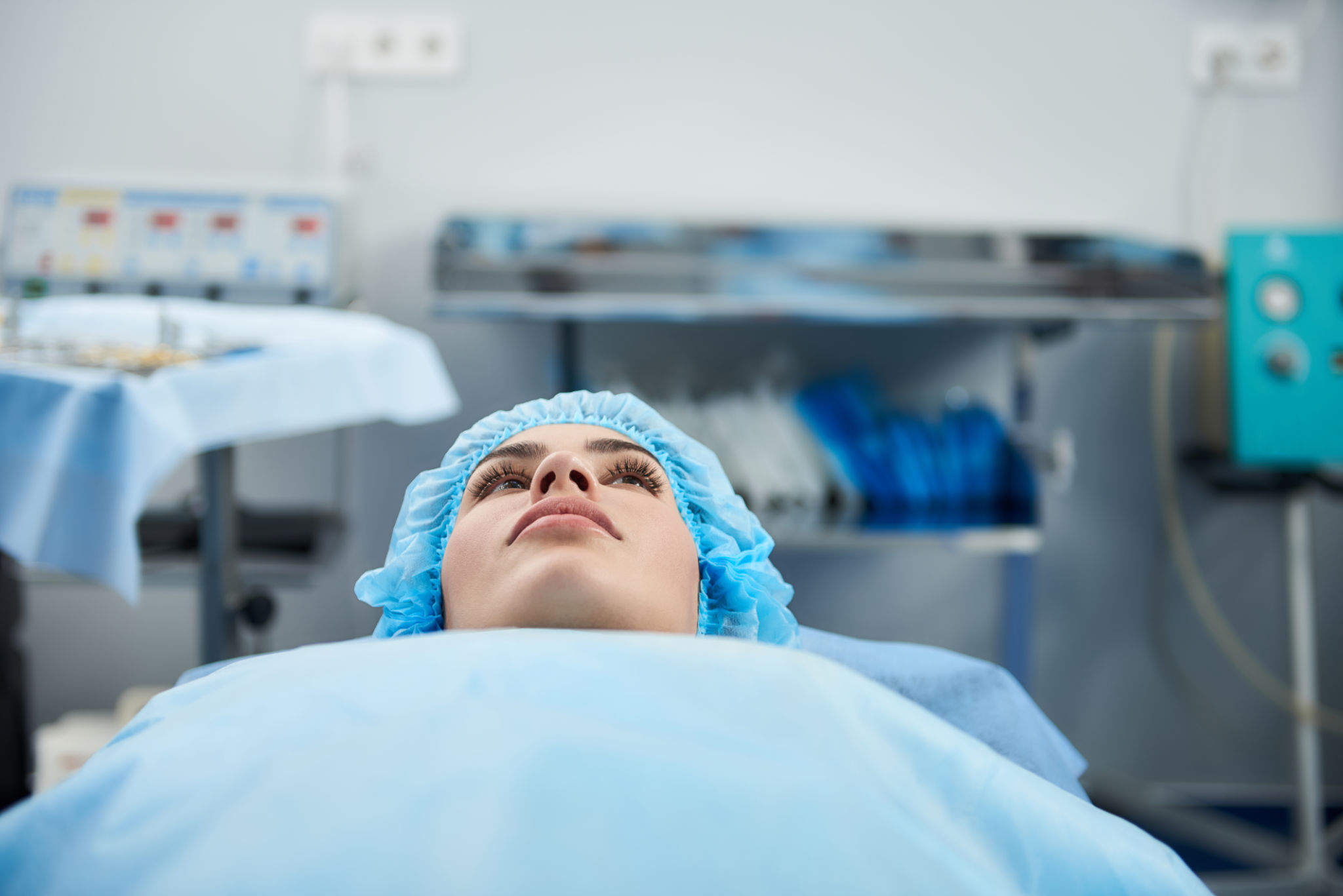Preparing for Cosmetic Surgery: A Step-by-Step Checklist
Understanding Your Cosmetic Surgery Options
Before embarking on the journey of cosmetic surgery, it is crucial to understand the various procedures available and which one aligns with your goals. Whether you are considering a facelift, rhinoplasty, or liposuction, thorough research is key. Consult with a board-certified surgeon to discuss your options and understand the potential outcomes.
Consider asking your surgeon about their experience, success rates, and any before-and-after photos of previous patients. This will give you a clearer picture of what to expect and help you make an informed decision.

Preparing for Your Initial Consultation
Your initial consultation is a pivotal step in the cosmetic surgery process. Arrive prepared with a list of questions and concerns. Being open and honest about your expectations and medical history will enable your surgeon to provide the best advice and care.
During the consultation, discuss potential risks and recovery times associated with the procedure. Understanding these aspects will help you prepare mentally and physically for the surgery and the healing process that follows.
Getting Ready for Surgery Day
As your surgery date approaches, there are several preparations to undertake. Here's a checklist to ensure you're ready:
- Medical Tests: Complete any required medical tests as advised by your surgeon.
- Medications: Avoid certain medications and supplements that may increase bleeding.
- Fasting: Follow fasting instructions if your procedure requires anesthesia.

Arranging Post-Operative Care
Post-operative care is vital for a smooth recovery. Arrange for someone to drive you home after the procedure and stay with you for at least the first 24 hours. Prepare a comfortable recovery space at home with necessities like pillows, blankets, prescribed medications, and easy-to-eat foods.
Follow your surgeon's post-operative instructions closely to minimize complications and optimize healing. This may include avoiding physical exertion and attending follow-up appointments.
Mental and Emotional Preparedness
The emotional aspect of undergoing cosmetic surgery is significant. While the physical changes are apparent, mental preparedness is equally crucial. Understand that it may take time to adjust to your new appearance, and emotional highs and lows are normal during the recovery phase.

Consider joining a support group or speaking with a counselor to navigate any feelings of anxiety or uncertainty. Having a strong emotional support system can greatly enhance your overall experience.
Maintaining Realistic Expectations
Set realistic expectations regarding surgical outcomes. While cosmetic surgery can enhance your appearance, it is not a cure-all for self-esteem issues. Discuss with your surgeon what can realistically be achieved and keep an open mind about the results.
Patience is key as swelling and bruising subside over time, revealing the final outcome of your procedure.
Long-Term Care and Lifestyle Adjustments
Your journey doesn't end after recovery; maintaining the results is an ongoing process. Adopt healthy lifestyle habits, such as a balanced diet and regular exercise, to prolong the benefits of your cosmetic surgery.

Regular follow-up appointments with your surgeon can also help monitor your progress and address any concerns that arise post-surgery.
